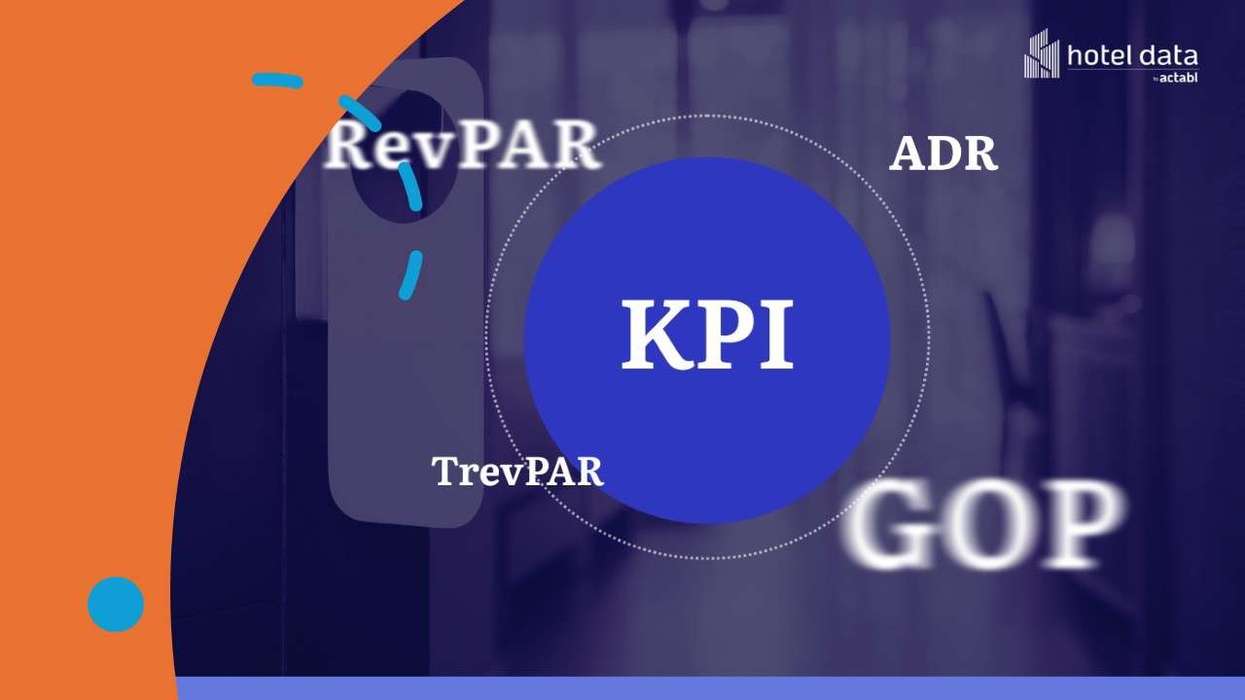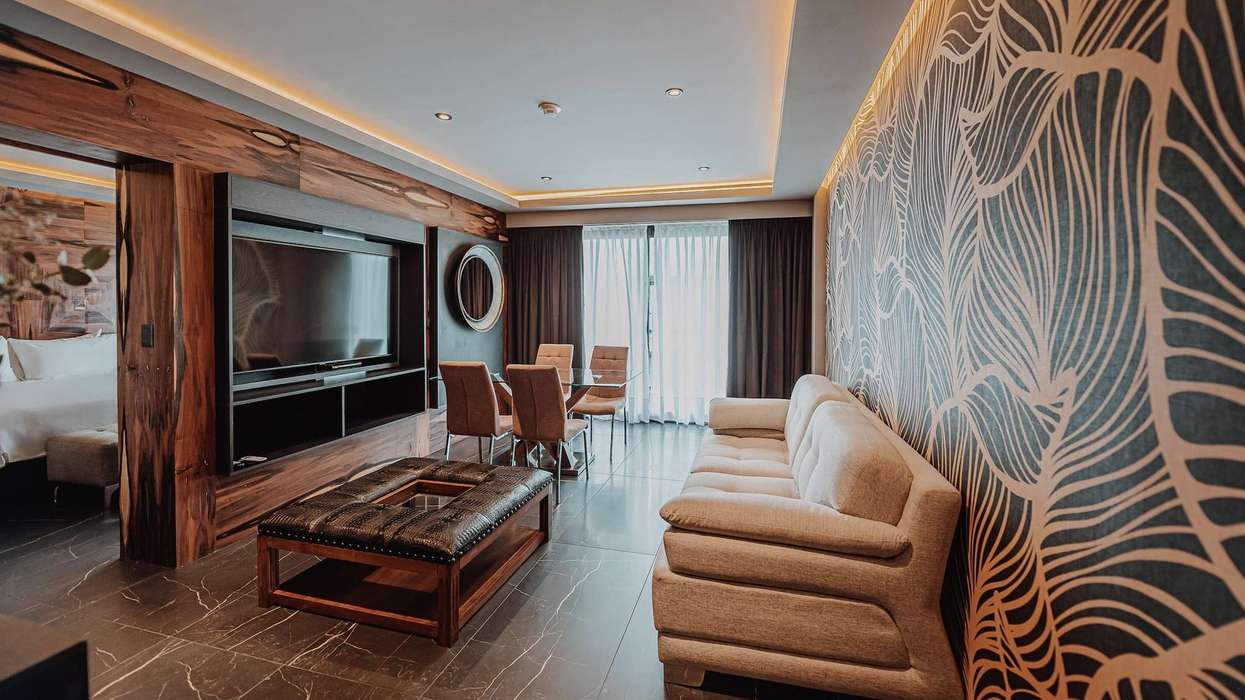STR AND TOURISM Economics have downgraded their forecast for the U.S. hotel industry’s performance in 2020 from the previous forecast given in late March. The good news, according to the research companies, is that the only way to go from here is up.
STR and TE now project a 57.5 percent decline in RevPAR in 2020 followed by a 48 percent increase in 2021. The previous forecast was for a 2020 RevPAR decrease of 50.6 percent followed by a 2021 increase of 63.1 percent.
“Performance levels are dismal from every angle, but at the very least, weekly data through May 9 indicates that the industry has already hit bottom and begun a steady ascent,” said Amanda Hite, STR president. “The rate of recovery will be slow even as distancing measures are eased and most of the country reopens. Concerns around the safety of travel and leisure activity will dictate how long it takes the industry to regain its footing. Regardless of timing, the leisure segment will be first out of the gate, especially from drive-to sources.”
The recovery at first will not be even and will be determined by effects of the COVID-19 pandemic rather than regular economic factors, said Adam Sacks, Tourism Economics’ president.
“The gradual relaxation of social distancing in the second half of this year will primarily benefit regional leisure travel with the business and group travel recovery lagging,” he said. “We anticipate it may take until 2023 to recover to 2019 peak demand levels.”
Luxury hotels are expected to see the lowest occupancy this year, around 25 percent, while economy brands will suffer the least with occupancy rates at 45.2 percent. New Orleans is expected to see the lowest occupancy rate at 28 percent while San Diego will see the highest at 41.1 percent.
As of May 14 a total of 3,151 U.S. hotels had temporarily closed while 1,842 hotels reopened.
“Temporary closures came in at a lower number than we anticipated based on information back in March,” Hite said. “The properties offline will reduce national supply in several months, but we do not anticipate a significant number of permanent closures. Buyers are always out there with the confidence that they can make a property work based on the right level of transaction discount.”





